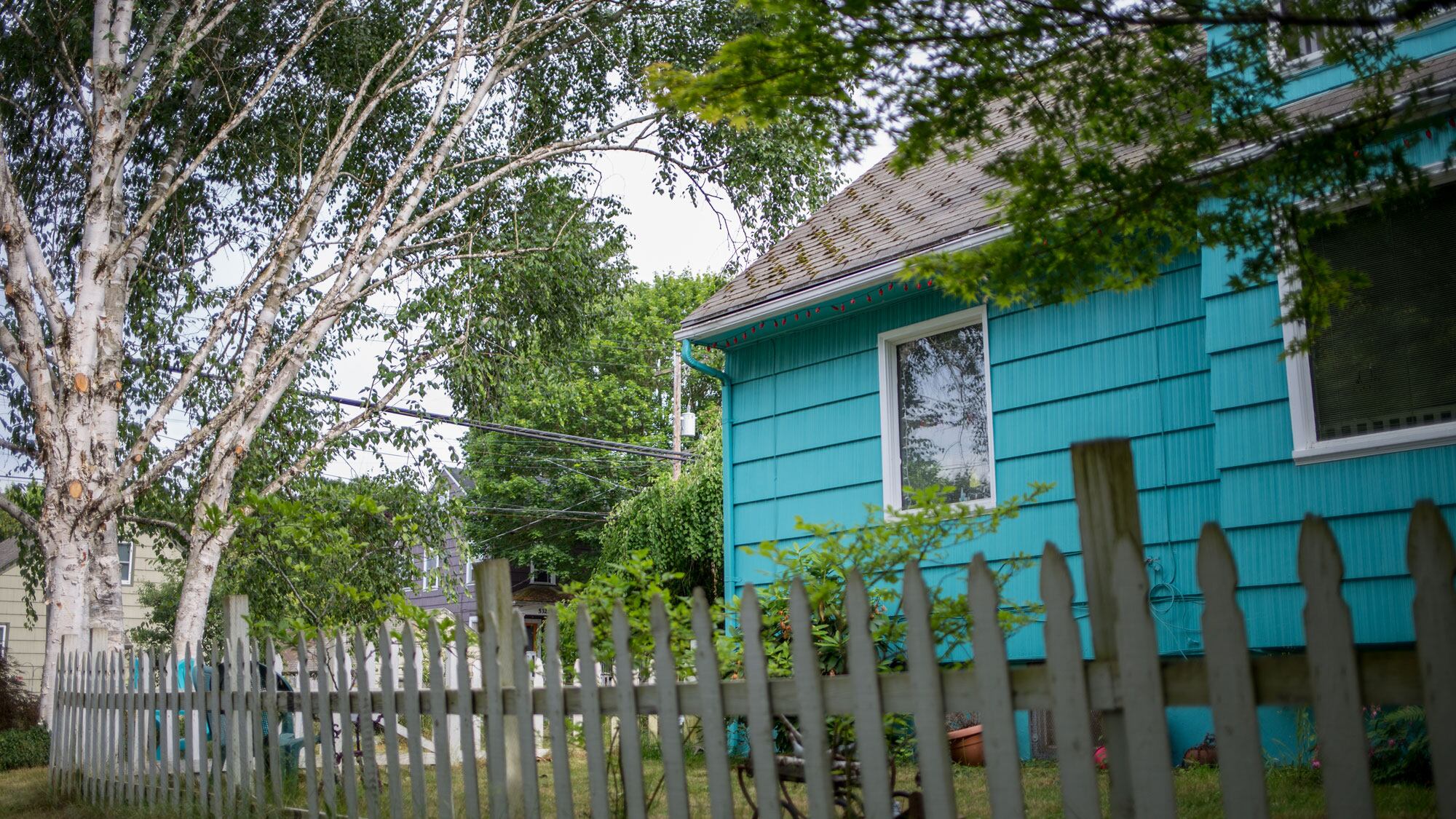At his monthly press conference last week, Portland Mayor Ted Wheeler said he favors a controversial bill that would end single-family zoning in Oregon cities.
That bill and others are part of the Democratic legislative agenda in Salem this year.
Wheeler also offered more measured support for the tenant protections and rent control that the governor and the leadership of both houses of the legislature have said they favor.
And he expressed careful criticism of the bill that would would overturn a way to finance a Portland baseball stadium with baseball salaries—a bill that could place roadblocks in front of an organized effort to recruit a team to Portland.
As WW reported in December, House Speaker Tina Kotek is working to expand the supply of land for building housing by opening up single-family neighborhoods to very small apartment buildings. That bill, House Bill 2001, would be the first of its kind nationally.
Related: Could Oregon Become the First State to Ban Single-Family Zoning?
Wheeler stated his continued support for a related, proposed change at the city level, called residential infill, which is expected to come to City Council this year. That change would allow up to four units on lots in single family neighborhoods, "creating a diversity of options," says Wheeler.
The mayor added he supports the statewide bill as well.
"The city of Portland is moving in that direction anyway," says Mayor Ted Wheeler. "As a state it's appropriate for us to look at the cost of housing. The West Coast is going to continue to be a destination, both nationally and globally, and we need to plan now for that future."
On tenant protections, Wheeler said he's "encouraged by the fact there appears to be a broad coalition forming around" Senate Bill 608, which would cap rent at 7 percent plus inflation and end no-cause evictions after the first year of a tenancy.
"There seems to a consensus forming around renter protections, including just-cause eviction—which I have supported for a long time," said Wheeler. "There seems to be a consensus forming around restricting the growth of rental rates, which is consistent with the 'relo' ordinance we passed here at city hall"—a reference to the relocation ordinance requiring landlords to pay moving costs for tenants that are given a no-cause notice or a rent increase over 9.9 percent.
His sole reservation: The legislative process might be expected to change the bill over the course of the session.
On the other hand, Wheeler called Senate Majority Leader Ginny Burdick (D-Portland)'s bill on baseball, SB 607, which would eliminate the possibility of financing a stadium with ballplayer's salaries' "curious."
"I don't know all the machinations of what's going on with the budget at the state level and what's going on behind the scenes," Wheeler said. "But just as a casual observer, it struck me as a curious position to take."

